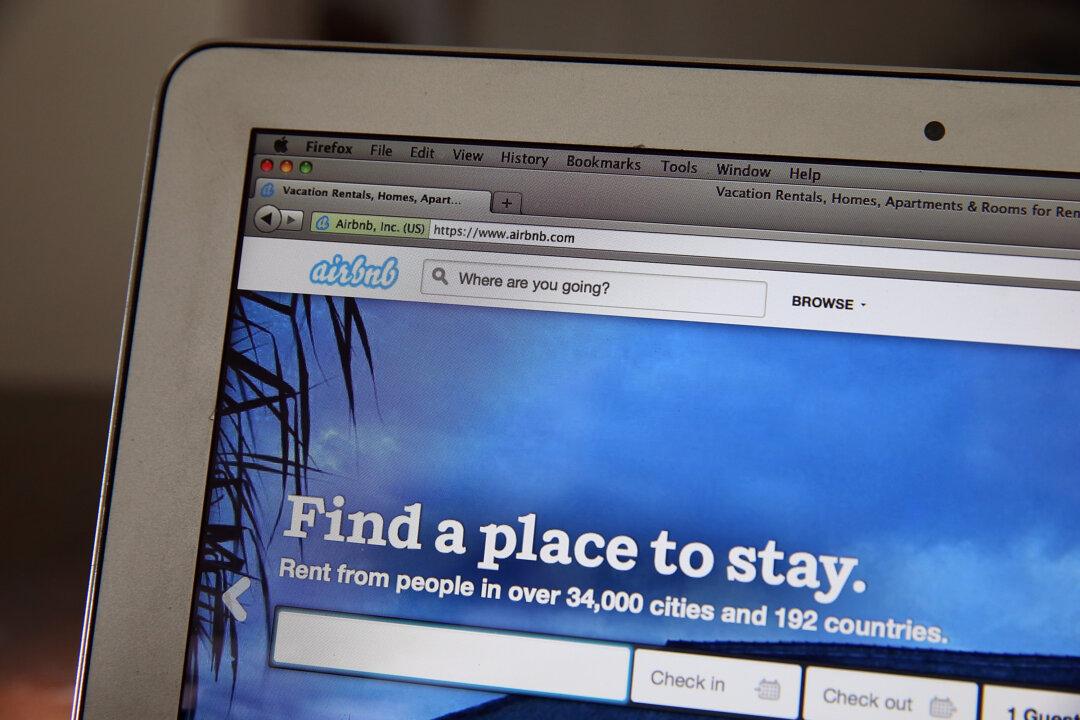One of the city’s largest landlords has joined the anti-illegal hotel fight, but the lobby behind the anti-Airbnb movement may not welcome them with open arms.
As reported by Crain’s Business New York, Related Cos. is asking building managers to watch out for Airbnb users, and considered offering $500 rewards for every Airbnb user found.
In a 16-page presentation given to building managers, Related asks managers to regularly check the Airbnb website for listings that match units in their buildings. Managers are advised to look for listings monthly, and check sites like Craigslist, HomeAway, and Roomarama as well.
It warns building managers to check thoroughly. “Many users won’t list their exact address, for fear that their landlord might find them,” the presentation reads. It advises managers to conduct searches in a one-block radius of the building, and look at pictures to see if the fixturesand finishes match their buildings.
Building managers and staff were asked to report Airbnb users in the presentation. Related did not return a request for comment as to how the violations would be handled.
Airbnb is a platform that allows users to rent out their apartments and homes, but there is a state law in New York that prevents many types of housing from being sublet in a way that makes it worth using a platform like Airbnb.
Rent-stabilized tenants cannot sublet without the landlords’ permission. Other rentals have provisions that prevent the tenant from renting out the unit for less than 30 days unless they are also home.
The majority of Related’s rental units are subject to these laws, according to the presentation.
In the past few weeks, affordable housing advocates and local politicians have banded together to launch a $3 million campaign against Airbnb, accusing the company of misleading its users. The room-share platform has also come under fire by the hotel industry.
Senator Liz Kreuger, who sponsored the 2010 legislation preventing short-term rentals, intended to stop the problem of illegal hotels.
The illegal hotels were typically run by landlords who use their residential buildings like a commercial hotel to turn a higher profit. In some cases, residents were subject to a constant barrage of tourists in neighboring units, or pressured to leave through various means of harassment so management could use their apartment as another illegal hotel unit.
Airbnb has been lobbying as well, and several times made appeals to the city’s administration through TV spots and more recently subway ad campaigns.
Kreuger has spoken out against Airbnb, sticking by the law she sponsored, but has been firm that her intention has never been to see more tenants evicted while using Airbnb.
“I’m a lifelong tenant advocate and ran eviction-prevention programs before I was elected to the Senate, so I want to be perfectly clear--the fact that companies like Airbnb are putting unwitting tenants on the hook to be evicted enrages me,” Kreuger said.
The fact that big landlords like Related have taken an interest did not seem like a good sign to Kreuger.
“Landlords cracking down and increasing evictions are the predictable result of Airbnb’s and other companies’ devil-may-care attitude when it comes to facilitating transactions that nearly always violate the hosts’ rental leases and often are illegal under state and local laws as well,” Kreuger said.
Assemblywoman Linda Rosenthal, who has sponsored a bill aimed at closing loopholes that lead to landlords harassing rent-stabilized tenants to leave, said in theory landlords could be an ally in the fight against Airbnb.
But in a practical sense, if the landlord finds out the tenant is violating their lease they will take the tenant to court and have him or her evicted, she said.
“It’s yet another reason tenants should not be fooled by [Airbnb’s] reassurances,” Rosenthal said. “I have asked them many times to put it one the first page of their website—this is illegal for rent regulated tenants.”





